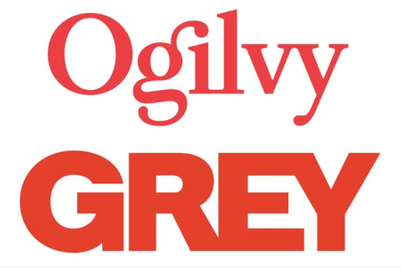
Brian Estes, CEO of DDB Brainstorm said: “The Government’s intention is positive but it has not been projected that way. It’s not an anti-foreign sentiment and simply means that there is going to be a need to rely on domestic consumption.”
According to Estes, Indonesia is having a “love-fest with America right now with Hillary Clinton visiting tomorrow and the Obama factor creating a lot of positivism. I can foresee a good relationship with America”.
Agus Sudradjat, CEO of Grey Indonesia, said that the impact of such a law is likely to be feeble since a small number of civil servants use foreign brands: “Only senior civil servants use international brands and almost 90 per cent have been using local brands all their life so if there is any impact it will be small.”
Ong Hock Chuan, advisor to public relations agency Maverick said, “It’s a good idea but there is a caveat to it. Local goods will need to be competitively priced and packaged for people to opt for them. Also I cannot see the Government mounting a cohesive propaganda against international brands so it might not have a big impact on them.”
The planned decree is being designed to help sectors such as textiles, food and beverages, children’s toys and electronics. The new regulation would also extend to purchases of Government and school uniforms, shoes for the military and government vehicles.
The Indonesian Government also has plans to launch an advertising campaign targeted at civil servants to persuade them to consume locally made products.
The Indonesian economy has witnessed its slowest growth in two years in the fourth quarter of 2008 as the global economic slowdown slashed commodity prices and export demand. The Central Statistics Agency (BPS) reported that the economy expanded 5.2 per cent in the fourth quarter of 2008 from a year earlier, slower than the annualised growth rate of 6.4 per cent booked in the previous quarter.


+(900+x+600+px)+(3).png&h=334&w=500&q=100&v=20250320&c=1)
+(900+x+600+px).jpg&h=334&w=500&q=100&v=20250320&c=1)
.jpg&h=334&w=500&q=100&v=20250320&c=1)


.jpg&h=334&w=500&q=100&v=20250320&c=1)

+(900+x+600+px).png&h=334&w=500&q=100&v=20250320&c=1)

.jpg&h=334&w=500&q=100&v=20250320&c=1)




+(900+x+600+px)+(2).jpg&h=268&w=401&q=100&v=20250320&c=1)
+(900+x+600+px)+(3).jpg&h=268&w=401&q=100&v=20250320&c=1)

+(900+x+600+px).png&h=268&w=401&q=100&v=20250320&c=1)